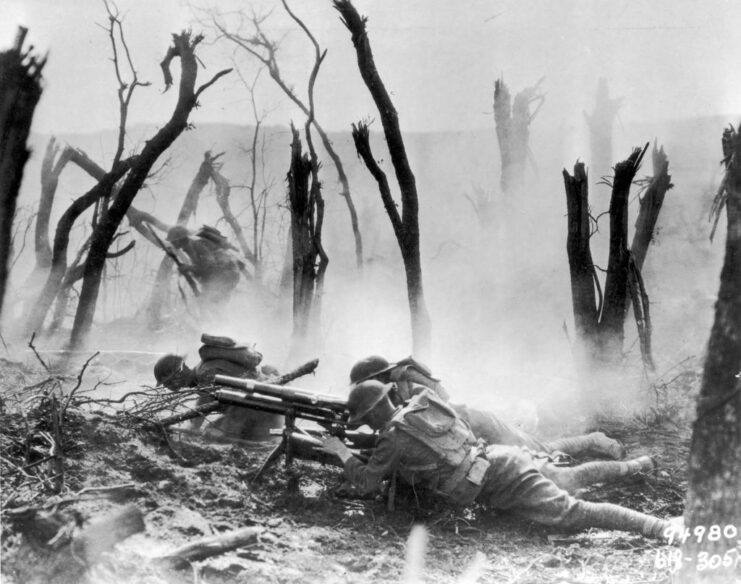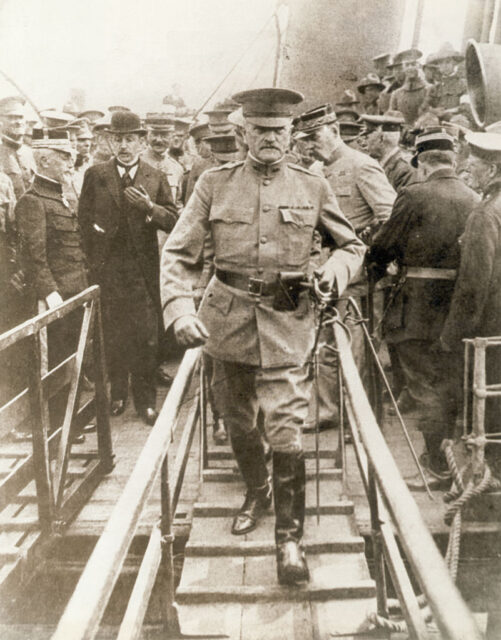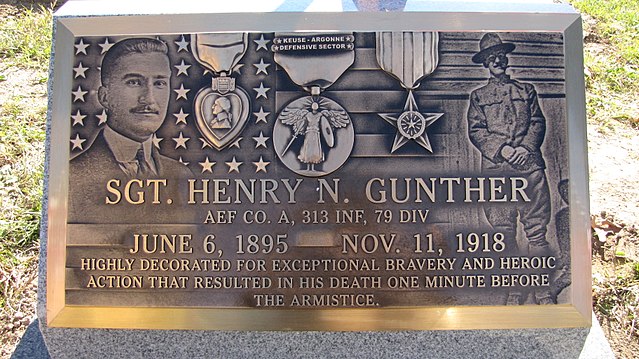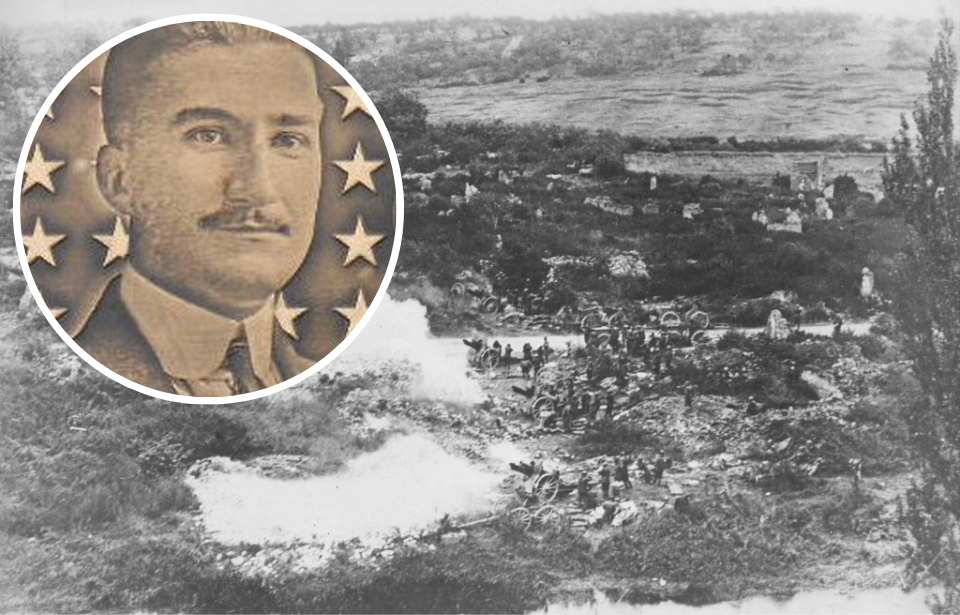World War I bore witness to the deaths of some 15 million soldiers and civilians over the four and a half years it raged. Few know an American, Henry Gunther, was the last soldier to perish in the fighting, with him losing his life at 10:59 AM on November 11, 1918, just one minute before the Armistice went into effect. In the decades after the conflict, he’s been honored and memorialized in many ways.
Henry Gunther’s early life

Henry Gunther was born on June 6, 1895, in Baltimore, Maryland. His parents, who were the children of German immigrants, did what they could to ensure he was actively involved in his heritage. His childhood was spent in Highlandtown, a German-American community in Baltimore, and his family were members of the Sacred Heart of Jesus Roman Catholic parish.
Upon reaching working age, Gunther found work as a bookkeeper and clerk at the National Bank of Baltimore. He was also a member of the Knights of Columbus and engaged to be married.
Like other German-Americans, Gunther faced suspicion from society upon the outbreak of World War I. Some have questioned if these sentiments could have influenced his decision to not immediately enlist for service, as other young, fit men had done.
Demoted from supply sergeant to private

Henry Gunther was drafted into the US Army in September 1917 and assigned to the 313th “Baltimore’s Own” Infantry Regiment, 157th Brigade, 79th Infantry Division. He was sent overseas in 1918, as part of the American Expeditionary Forces (AEF).
Initially a supply sergeant charged with ensuring his unit was well-equipped, Gunther found himself demoted when a letter home was intercepted by military censors. The note, which described the harsh conditions of the frontlines and urged a friend to try and avoid the draft, was seen as unpatriotic.
Demoted to the rank of private, Gunther was removed from his supply job and made a rifleman. His unit was then deployed to the Western Front, where they participated in the Meuse-Argonne Offensive that September.
Henry Gunther lost his life in the final moments of World War I

The Armistice ending the Great War was slated to go into effect at 11:00 AM on November 11, 1918. Just an hour and a half prior, Henry Gunther and his company were on the outskirts of the French village of Chaumont-devant-Damvillers, which they’d been charged with taking.
Their initial advance result in the deaths of some of Gunther’s comrades, who fell victim to German machine gun fire. The clock ticking nearer to 11:00 AM, a runner approached the men, telling them to “hold the lines,” and while most of the group listened, Gunther did something unexpected: he charged toward a roadblock manned by the enemy.
Moving forward, his bayonet fixed, Gunther ignored calls from his comrades and the German troops, who begged him to return to his position. Along the way, he fired “a shot or two” from his rifle, prompting a burst of machine gun fire from the enemy. A bullet struck him in the temple, resulting in his death at 10:59 AM – one minute before hostilities came to an end.
Gen. John J. Pershing, the commander of the American Expeditionary Forces, acknowledged the 23-year-old’s death as the last of the conflict. He posthumously restored Gunther’s rank of sergeant and awarded him the Distinguished Service Cross.
Legacy of Henry Gunther’s sacrifice

Following his death, Henry Gunther was laid to rest in a military cemetery in France. In 1923, his remains were exhumed and returned to Baltimore, where he was buried at the Most Holy Redeemer Cemetery. A plaque commemorating his service was unveiled at the gravesite in November 2010.
More from us: 24 Rare Photos That Give Us Another View of World War I
Want to become a trivia master? Sign up for our War History Fact of the Day newsletter!
In the decades after his passing, Gunther was recognized with a Veterans of Foreign Affairs post, which was named for him. As well, a memorial has been erected near the site of his death in France.
